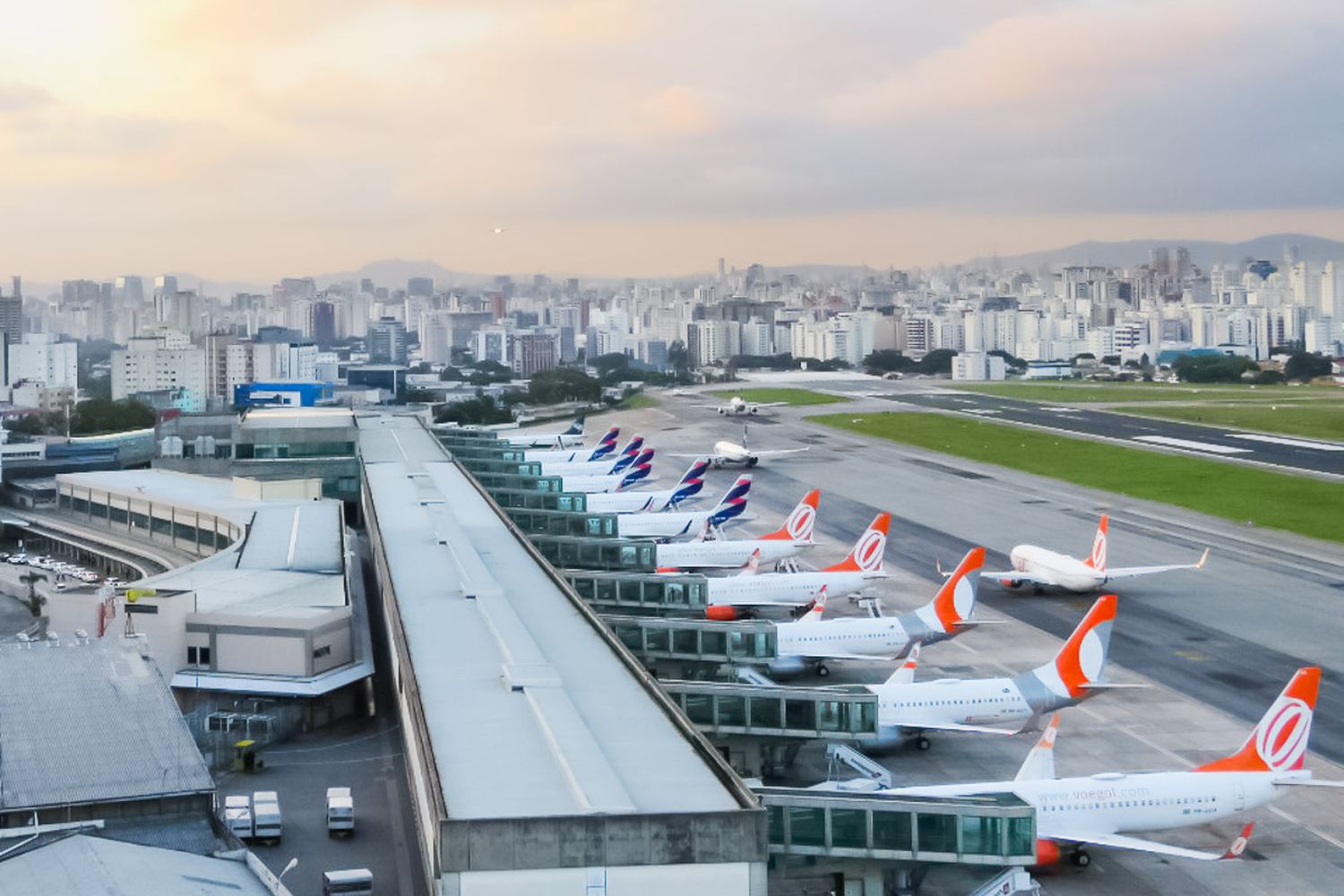The "Voa Brasil" program, a Federal Government initiative aimed at democratizing access to air travel in Brazil, has reached a major milestone in its first eight months of operation. According to the Ministry of Ports and Airports (MPor), more than 35,419 flight tickets have already been booked—primarily by retirees registered with the National Social Security Institute (INSS)—benefiting travelers headed to 82 municipalities across the country.
Launched in late July 2024, Voa Brasil promotes social inclusion by enabling population segments with limited access to air travel to fly. The program offers one-way tickets for a maximum price of R$200 (approximately USD $40, subject to exchange rate fluctuations) to INSS retirees who have not flown in the past 12 months. Each eligible participant can purchase up to two flights per year via the official portal: www.gov.br/voabrasil.
A key feature of the program is that it operates without public funding. It relies on partnerships with airlines, which allocate seats that would otherwise go unfilled on low-demand flights due to timing, date, or season.
Data from the first eight months shows a clear preference for destinations in the Southeast region, Brazil’s most populous and economically active area. São Paulo tops the list with 10,261 bookings—nearly 30% of the total. It is followed by Rio de Janeiro (3,050), Recife (2,745), Fortaleza (2,453), and Brasília (2,268).
Notably, over the past two months, Recife Airport (operated by Aena Brasil) has overtaken Rio de Janeiro’s airports (Galeão and Santos Dumont) as the second most popular destination among participants, highlighting growing interest beyond the traditional travel hubs. While capital cities dominate the list, the presence of locations like Campinas (SP), Juazeiro do Norte (CE), and Porto Seguro (BA) in the top 20, along with expansion to 82 municipalities—recently including Fernando de Noronha, Guanambi, and Teófilo Otoni—underscores the program’s commitment to regional aviation as well.
“The program’s goal—to include new users in air transport and help groups like INSS retirees access affordable fares without subsidies—is being fully achieved,” said Silvio Costa Filho, Minister of Ports and Airports. “More than 50 smaller cities are among the chosen destinations, enabling family reunions, boosting tourism, and promoting regional aviation.”
High Conversion Rate and Future Expansion
The program’s success is also evident in the strong engagement it has generated. Around 150,000 retirees accessed the system, resulting in the 35,419 bookings—a conversion rate of 24%. Tomé Franca, the National Secretary of Civil Aviation at MPor, emphasized the significance: “On airline websites, conversion rates typically range from 1% to 3%. The number of confirmed bookings on Voa Brasil is proportionally far higher.”
Looking ahead, MPor is preparing the second phase of Voa Brasil. In partnership with the Ministry of Education (MEC), the program will expand to include university students identified through federal education initiatives such as ProUni (scholarships), Fies (student financing), and Sisu (public university access system). The MEC is currently working to determine the number of eligible students.


Comentarios
Para comentar, debés estar registrado
Por favor, iniciá sesión